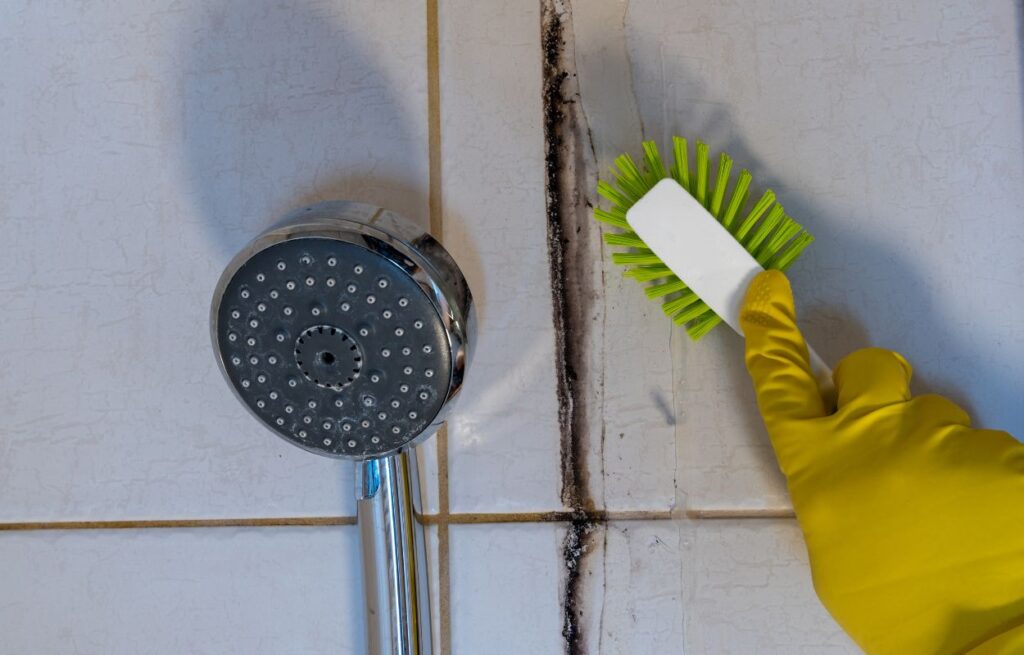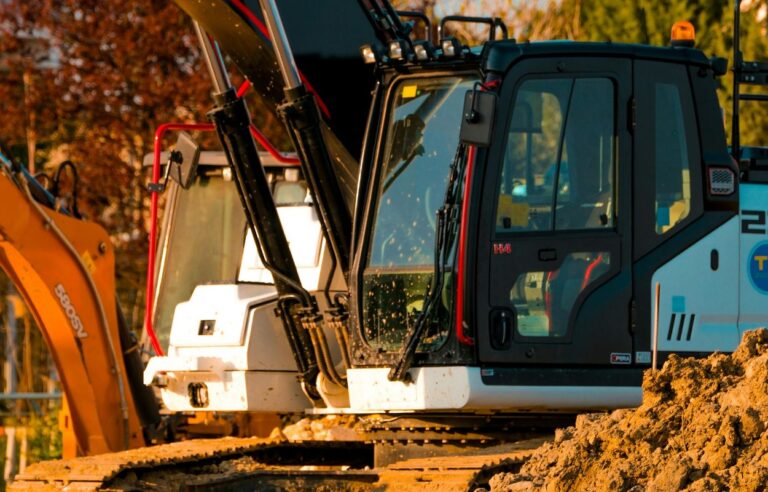Nobody wants to hear the words, “You’ve got mold.” But if you’ve ever dealt with it, you know it’s not just gross—it can be dangerous, too. That’s why people search for ways to get rid of mold fast and for good. If you’ve been Googling, you’ve probably seen two terms pop up: mold abatement and mold remediation. They sound similar, right? But believe it or not, they’re not quite the same thing. In this post, we’re breaking it all down for you in plain, simple language.
So grab your coffee (or tea!) and let’s dive into the moldy mess—without getting too technical.
WHAT IS MOLD AND WHY IS IT SUCH A BIG DEAL?
Mold is a type of fungus. It loves warm, damp, and dark places—think bathrooms, basements, attics, and behind walls. Once it starts growing, it spreads like wildfire. Spores float through the air and land on surfaces. If the conditions are right, boom—more mold.
The problem with mold isn’t just that it looks and smells bad. It can cause serious health problems. If you’ve got allergies, asthma, or a weakened immune system, mold can make things worse. Even healthy folks can experience coughing, headaches, itchy eyes, and more when exposed to it for too long.
That’s why mold isn’t something you can just wipe away and forget about. You need a professional plan. But should you look for mold abatement or mold remediation?
Let’s clear that up.
WHAT IS MOLD ABATEMENT?
Mold abatement is all about stopping the spread of mold. Think of it like hitting the “pause” button. Professionals will come in and take steps to reduce the mold levels in your space. This might mean sealing off affected areas, using air scrubbers, or applying chemicals that kill active mold.
But here’s the kicker—abatement doesn’t always fix the source of the mold. It focuses more on removing or lowering the mold count in your home or building. In other words, it tackles the symptoms, not the root cause.
If you live on the coast, especially in places with high moisture like Vancouver Island, you’re more likely to deal with recurring mold problems. That’s where mold abatement in Port Alberni becomes super important. It gives you breathing room—literally and figuratively—while you figure out a long-term plan.
WHAT IS MOLD REMEDIATION?
Now let’s talk about mold remediation. This is the full clean-up crew. It goes beyond just stopping mold. Remediation means identifying the mold, finding out what caused it, cleaning it up, and putting systems in place to prevent it from coming back.
Think of it like this: abatement is the Band-Aid, remediation is the surgery. Both are helpful, but they do different things.
During a mold remediation job, the team will inspect your home or building, test for mold levels, remove contaminated materials (like drywall or insulation), disinfect surfaces, and improve ventilation or insulation to prevent future growth. They might even help you find the water leak or humidity issue that caused the mold in the first place.
It’s a more complete process. And if you want mold gone for good, remediation is usually the better choice.
HOW TO KNOW WHICH ONE YOU NEED
So now you’re probably wondering—which one should I go with?
The answer depends on your situation. If mold has just popped up and you want to keep it from spreading while you decide your next steps, abatement might be a quick fix. But if you’ve been living with that musty smell for a while, or if someone in your household is getting sick, it’s time for remediation.
Also, consider how widespread the mold is. If it’s just on a bathroom ceiling, abatement and some good ventilation might do the trick. But if it’s in the walls or flooring, you’ll want a full remediation plan to protect your home and your health.
If you’re dealing with mold abatement in Port Alberni, make sure you work with a team that can also offer remediation services. Some companies only do one or the other. A good contractor will walk you through your options and help you figure out what your home really needs.
WHY MOLD KEEPS COMING BACK (AND HOW TO STOP IT)
Here’s something nobody tells you: mold will keep coming back unless you fix the root problem. That’s why remediation is often more effective than abatement alone.
The main causes of mold include:
- Leaky pipes or roofs
- Poor ventilation
- High humidity
- Flooding or water damage
If you only clean the surface and don’t fix what’s underneath, the mold will return. It’s like pulling weeds but leaving the roots in the ground. You’ll see them again in no time.
One way to prevent mold from returning is by improving airflow in your home. Use fans, open windows when it’s dry, and install dehumidifiers if your home tends to stay damp. Regular maintenance, like checking for roof leaks and cleaning out gutters, also makes a huge difference.
THE COST DIFFERENCE BETWEEN ABATEMENT AND REMEDIATION
We can’t ignore this—money matters. So how much does each service cost?
Mold abatement is usually cheaper upfront. It’s a smaller job and often less invasive. You might pay a few hundred to a couple thousand dollars depending on the size of the affected area.
Mold remediation can be more expensive. It often involves tearing out drywall, replacing insulation, and even remodeling certain areas of your home. But it’s also more thorough. And in the long run, it could save you money by stopping the mold from causing major damage.
Also, some insurance policies may cover mold remediation if the mold was caused by a covered event, like a burst pipe. It’s worth checking with your provider.
CHOOSING THE RIGHT TEAM FOR THE JOB
Whether you need mold abatement or remediation, hiring the right professionals makes all the difference. Look for companies that are licensed, insured, and experienced in both services. Ask for references and check reviews online.
A trustworthy contractor will do a full inspection, explain your options, and give you a clear quote. They won’t just fog your house with chemicals and walk away.
If you’re looking for help with mold abatement in Port Alberni, choose a company that understands the local climate and building conditions. Port Alberni’s mix of coastal air and rainy weather creates the perfect storm for mold. You need a team that knows what they’re up against.
WRAPPING IT UP: KNOWLEDGE IS YOUR BEST DEFENSE
At the end of the day, the best thing you can do is stay informed. Knowing the difference between mold abatement and mold remediation puts you in a stronger position. You can ask better questions, make smarter choices, and protect your home and your health.
If you’ve got mold, don’t panic—but don’t ignore it either. Whether you go with abatement or remediation, take that first step and call a professional. The sooner you act, the better off you’ll be.
And hey—your nose will thank you, too.



